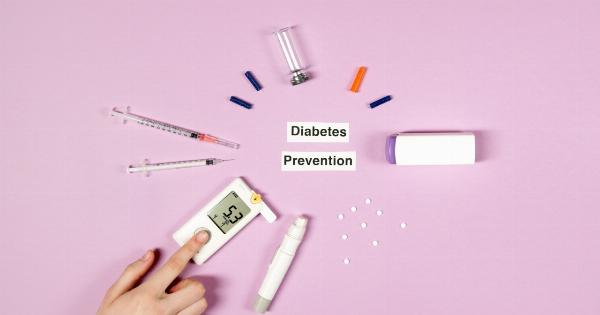Antibiotics have been one of the most effective tools in fighting bacterial infections over the past century. They save millions of lives every year by killing bacteria that cause illnesses and infections.
However, the overuse of antibiotics has led to the development of antibiotic-resistant bacteria, which poses a significant threat to public health.
Risks of antibiotic use in adults over 40
Research has found that the risks of antibiotic use in adults over 40 include an increased risk of developing antibiotic-resistant infections, which can be difficult to treat and even deadly.
Antibiotics can also cause negative side effects, including nausea, diarrhea, and secondary infections like thrush. Additionally, antibiotics can disrupt the natural balance of bacteria in the gut, leading to digestive problems.
Using antibiotics unnecessarily, such as to treat a viral infection, can also contribute to the development of antibiotic-resistant bacteria.
Over time, these bacteria can evolve to become resistant to multiple antibiotics, making it increasingly difficult to treat bacterial infections.
Benefits of antibiotic use in adults over 40
While there are risks associated with antibiotic use, there are also benefits. When used appropriately, antibiotics can be life-saving and necessary to treat bacterial infections.
The benefits of antibiotic use in adults over 40 include reducing the severity and length of bacterial infections, preventing the spread of infection to others, and preventing severe complications such as sepsis.
Antibiotics are commonly used to treat infections such as pneumonia, urinary tract infections, and skin infections. They are also used during surgical procedures to prevent bacterial infections.
How to use antibiotics responsibly
To reduce the risks associated with antibiotic use, it is important to use antibiotics responsibly.
This includes only taking antibiotics when they are necessary to treat a bacterial infection, and following your healthcare provider’s instructions on how to take the medication.
It is also important to avoid using antibiotics to treat viral infections, such as a cold or the flu. These types of infections are caused by viruses, and antibiotics are not effective against viruses.
Another way to use antibiotics responsibly is to complete the full course of antibiotics prescribed by your healthcare provider, even if you start to feel better before the medication is finished.
Failing to complete the full course of antibiotics can contribute to the development of antibiotic-resistant bacteria.
Alternative treatments for bacterial infections
In some cases, alternative treatments may be effective for treating bacterial infections. Probiotics, for example, can help restore the natural balance of bacteria in the gut following antibiotic use.
Garlic, honey, and ginger are also natural antimicrobial agents that may help fight bacterial infections.
If you are considering alternative treatments for a bacterial infection, it is important to discuss them with your healthcare provider to ensure they are safe and effective for your specific case.
When to seek medical attention
If you are experiencing symptoms of a bacterial infection, such as fever, chills, or muscle aches, it is important to seek medical attention.
Your healthcare provider can determine if antibiotics are necessary to treat your infection, and can prescribe the appropriate medication and dosing regimen.
It is also important to seek medical attention if you have been experiencing symptoms for more than a few days, or if your symptoms are worsening.
Conclusion
Antibiotics are a powerful tool in fighting bacterial infections, but they should be used responsibly to reduce the risks associated with their use.
By taking antibiotics only when necessary and completing the full course of medication, we can help prevent the development and spread of antibiotic-resistant bacteria.
In cases where antibiotics are not necessary or are not effective, alternative treatments may be successful in treating bacterial infections.
As always, it is important to discuss any concerns or questions about antibiotic use with your healthcare provider.






























